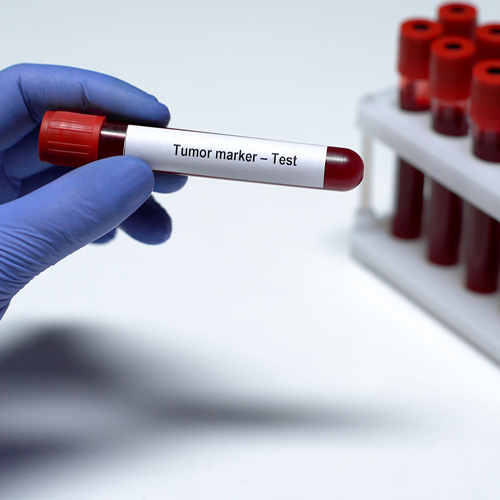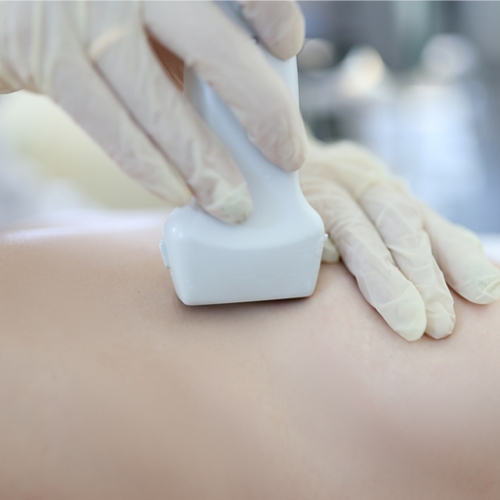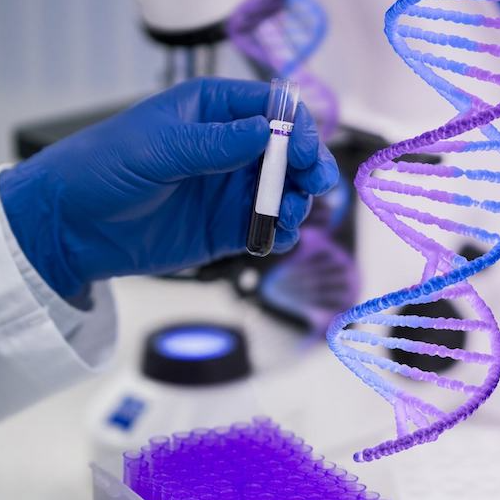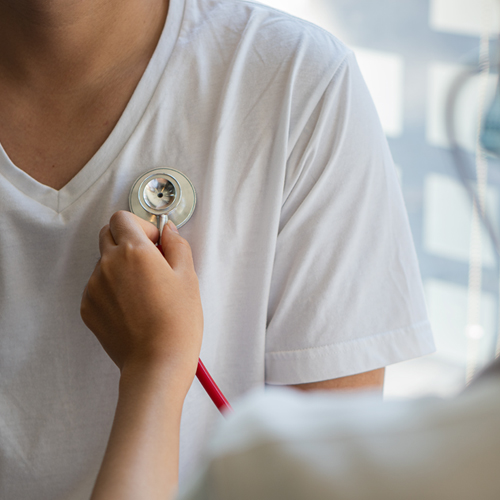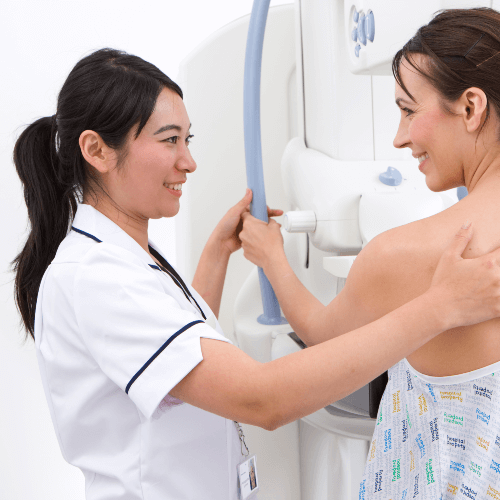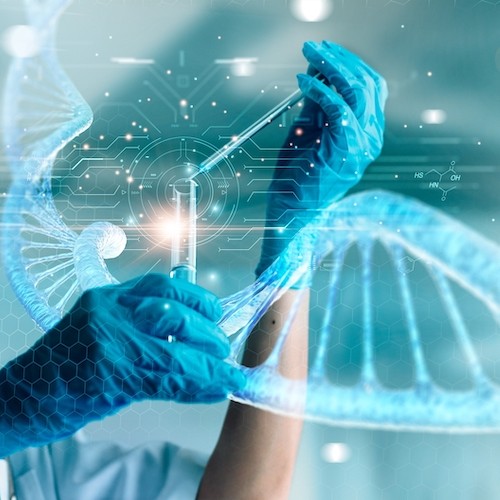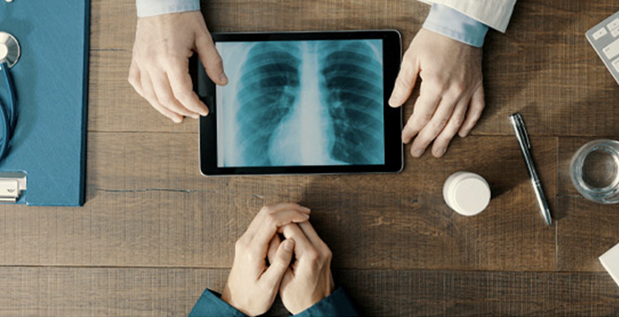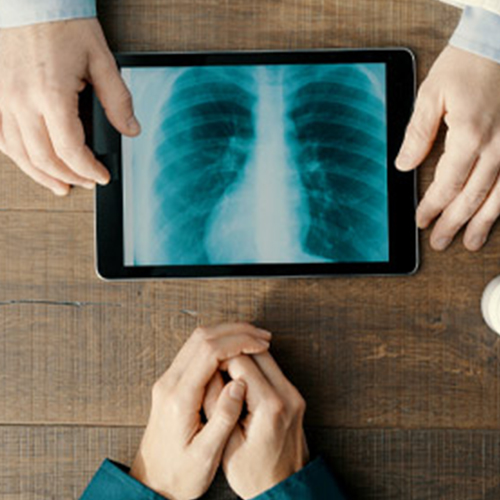Certain screening tests, such as blood tests and ultrasound scans, may require you to fast for at least 8 - 10 hours prior to the test. Usually, you will be asked to refrain from consuming food from 12am on the day of your appointment. Drinking plain water is permitted. Our clinic staff will advise you on whether fasting is required for your tests and when you should start fasting.
If you are taking the Faecal Immunochemical Test (FIT), please collect the kit from any of our Parkway Shenton or
Executive Health Screening clinics. Collect your stool sample 1 day before your appointment, and store it at room temperature away from sunlight.
For females, kindly note that Pap smear, urine, blood tumour markers and stool tests should be done at least 5 days after your period to ensure better accuracy of results. Do inform our clinic staff if you require further assistance. If you are going for a mammogram, please do not wear any perfume, cream or cosmetics under your arms or around the chest area.


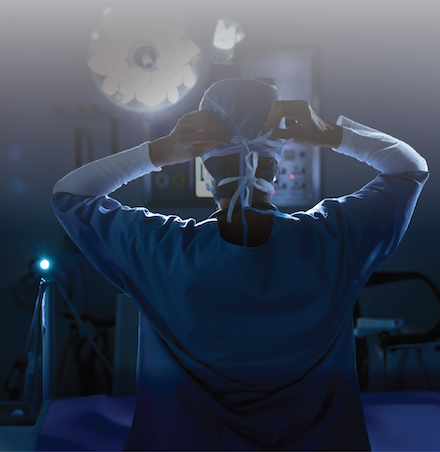




 Colorectal
Colorectal Prostate
Prostate Lung
Lung Liver
Liver Lymphoid Neoplasms
Lymphoid Neoplasms Breast
Breast Uterus
Uterus